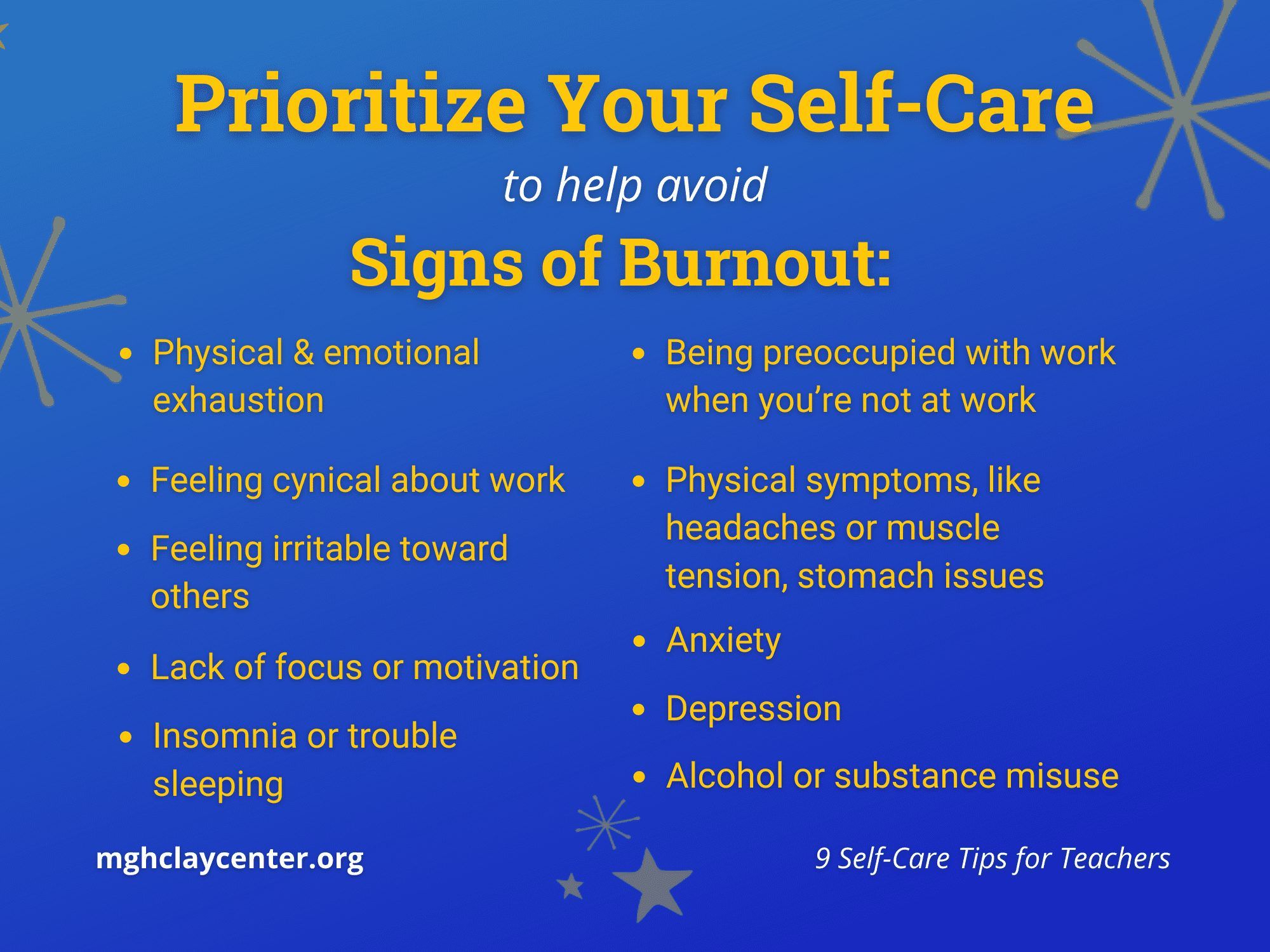Addressing Teacher Burnout: Self-Care Strategies
Teaching can be an incredibly rewarding profession, but it also comes with its fair share of challenges. One of the biggest issues facing educators today is teacher burnout. This phenomenon is becoming increasingly prevalent as teachers are asked to do more with less, and face ever-growing pressures both in and out of the classroom.
Recognizing the Signs
Teacher burnout can manifest in a variety of ways, including feelings of exhaustion, cynicism, and a sense of ineffectiveness. If left unchecked, burnout can have serious consequences for both the individual teacher and their students. It’s important to recognize the signs of burnout early so that steps can be taken to address the issue before it becomes overwhelming.
Self-Care Strategies for Teachers
Fortunately, there are a number of self-care strategies that teachers can employ to help prevent burnout and cope with the stresses of their profession. Here are some effective strategies to consider:
1. Prioritize Self-Care
It’s essential for teachers to prioritize their own well-being in order to be effective in the classroom. This includes getting enough rest, eating well, and finding time for activities that bring joy and relaxation. Making self-care a priority can help prevent burnout and increase resilience in the face of stress.
2. Set Boundaries
It can be easy for teachers to blur the lines between work and personal life, especially with the increasing demands of the profession. Setting clear boundaries around work hours and responsibilities can help prevent burnout and ensure that teachers have time to recharge outside of the classroom.
3. Seek Support
Teaching can be a solitary profession, but it’s important for educators to seek support from colleagues, supervisors, and mental health professionals when needed. Having a strong support network can help teachers navigate the challenges of the job and seek help when burnout becomes a concern.
4. Practice Mindfulness
Mindfulness techniques, such as deep breathing exercises and meditation, can help teachers stay present and focused in the moment. These practices can help reduce stress and improve overall well-being, making it easier to cope with the demands of the profession.
Conclusion
Teacher burnout is a serious issue facing educators today, but it doesn’t have to be inevitable. By prioritizing self-care, setting boundaries, seeking support, and practicing mindfulness, teachers can help prevent burnout and stay healthy and happy in their profession. Remember, taking care of yourself is not selfish – it’s essential for being the best teacher you can be.


